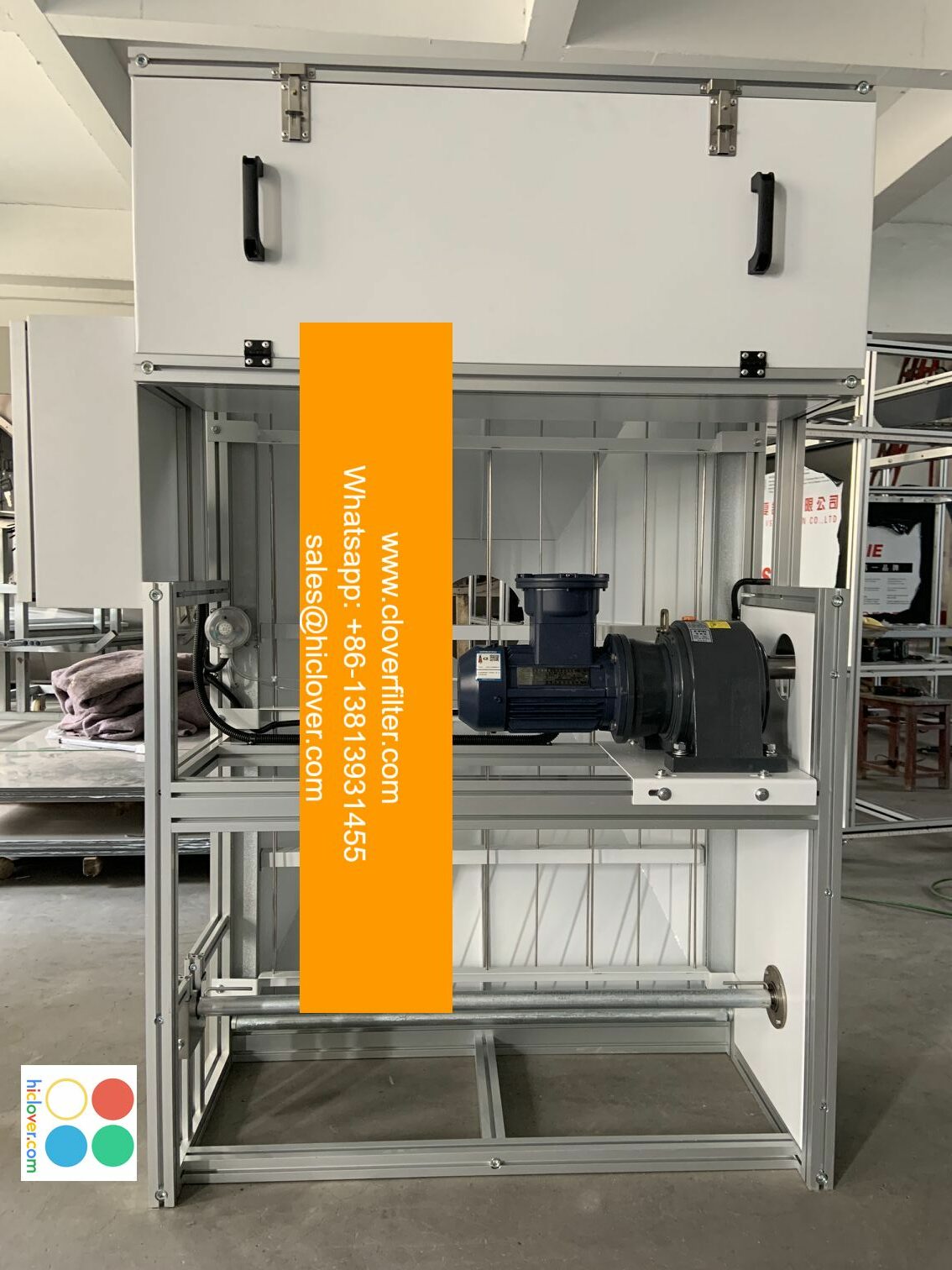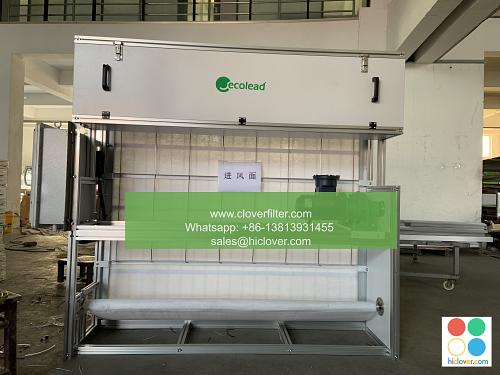The Importance of Air Filtration in Bio-Cleanrooms: A Focus on Amgen’s California Labs

Air filtration is a critical aspect of maintaining a contamination-free environment in bio-cleanrooms, where sensitive biological processes and pharmaceutical manufacturing take place. In this article, we will highlight the significance of air filtration in bio-cleanrooms, with a focus on Amgen’s California labs, and explore its various application areas, including biotechnology, pharmaceutical manufacturing, and medical research.
Introduction to Bio-Cleanrooms
Bio-cleanrooms are controlled environments designed to minimize airborne contamination and maintain a sterile atmosphere. These rooms are essential for various applications, including biological research, pharmaceutical development, and medical device manufacturing. The primary goal of a bio-cleanroom is to prevent contamination and ensure the integrity of biological products.
Air Filtration Systems in Bio-Cleanrooms
Air filtration systems are a crucial component of bio-cleanrooms, responsible for removing airborne particles, bacteria, and other contaminants from the air. These systems typically employ HEPA (High Efficiency Particulate Air) filters or ULPA (Ultra Low Penetration Air) filters, which can capture particles as small as 0.3 microns. The air filtration process involves drawing in air, filtering out contaminants, and recirculating the clean air back into the room.
Amgen’s California Labs: A Case Study
Amgen, a leading biotechnology company, operates several state-of-the-art labs in California, including its flagship facility in Thousand Oaks. These labs are equipped with advanced air filtration systems designed to maintain a contamination-free environment for biological research and pharmaceutical development. Amgen’s air filtration systems are capable of removing 99.99% of airborne particles, ensuring the integrity of biological products and protecting the health and safety of employees.
Application Areas of Air Filtration in Bio-Cleanrooms
Air filtration in bio-cleanrooms has various application areas, including:
* Biotechnology research: Air filtration systems help maintain a sterile atmosphere for cell culture, genetic engineering, and protein expression.
* Pharmaceutical manufacturing: Air filtration systems ensure the quality and purity of pharmaceutical products by preventing contamination and cross-contamination.
* Medical research: Air filtration systems support medical research by maintaining a contamination-free environment for clinical trials and medical device testing.
Conclusion
In conclusion, air filtration is a critical aspect of maintaining a contamination-free environment in bio-cleanrooms. Amgen’s California labs demonstrate the importance of advanced air filtration systems in biotechnology research, pharmaceutical manufacturing, and medical research. By highlighting the significance of air filtration in these application areas, we emphasize the need for effective air filtration systems to ensure the quality and purity of biological products and protect the health and safety of employees. As the demand for biological products and medical research continues to grow, the importance of air filtration in bio-cleanrooms will only continue to increase.

